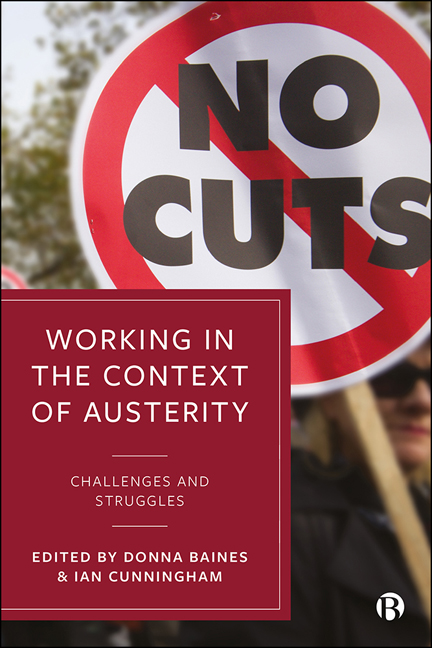6 - Non-Citizenship at Work: Labour Flexibility Behind the Counter in Western Canada
Published online by Cambridge University Press: 18 March 2021
Summary
How one is identified shapes how one is positioned within global capitalism. The accumulation of capital continues to take place through the social and legal differentiation of labour. (Sharma, 2006, p 29)
Immigration laws operate as increasingly central instruments of discipline and control, with significant impacts on how work is organized (Anderson, 2010) and how access to substantive rights is granted or denied. Many countries have revived ‘guest worker’ schemes because they are said to promote mutually beneficial outcomes, yet labelling the subjects of these schemes ‘temporary migrant workers (TMWs)’, ‘foreign workers’, or more generally ‘non-citizens’ contributes to profound vulnerabilities for migrants at work. This chapter analyses the role of immigration controls in furthering labour flexibility and worker vulnerability in Canada and the way that this flexibility and vulnerability dovetail with austerity.
Non-citizenship is an uneven and contingent category, with social locations amplifying or ameliorating a migrant's experience of precariousness (Fudge and Tham, 2017, p 4). Research shows that highend migrant professionals and consultants generally do not experience significant disadvantage as non-citizens; however, this designation does disadvantage those who are differentiated as low-skilled ‘non-citizens’ (Sharma, 2006; Goldring and Landolt, 2013). Indeed, ‘state-defined legal status categories establish configurations of rights for people occupying these categories’ (Bosniak, 2006, p 3), and the rights of those positioned as outside their boundaries are rationed or limited, including rights at work and in the labour market (Anderson, 2010). In addition to a normative political discourse that criminalizes migrants and/or sees them as problems to be ‘managed’ (Munck, 2008), regulations governing work and citizenship increasingly intersect, generating new and compounding insecurities, with the form of labour precarity depending on the specific immigration controls and labour regulation. This chapter explores how features of a new labour regime in Canada in the era of austerity, and the increased presence of ‘temporary migrant workers’ in the quick-service restaurant industry, promote increased labour flexibility and exacerbate migrant workers’ vulnerability. Migrant workers face unique challenges, distinct from those of their domestic counterparts, and with their growing presence in low-wage Canadian worksites, the need to organize at the intersection of work and citizenship has become an urgent project.
- Type
- Chapter
- Information
- Working in the Context of AusterityChallenges and Struggles, pp. 111 - 130Publisher: Bristol University PressPrint publication year: 2020



